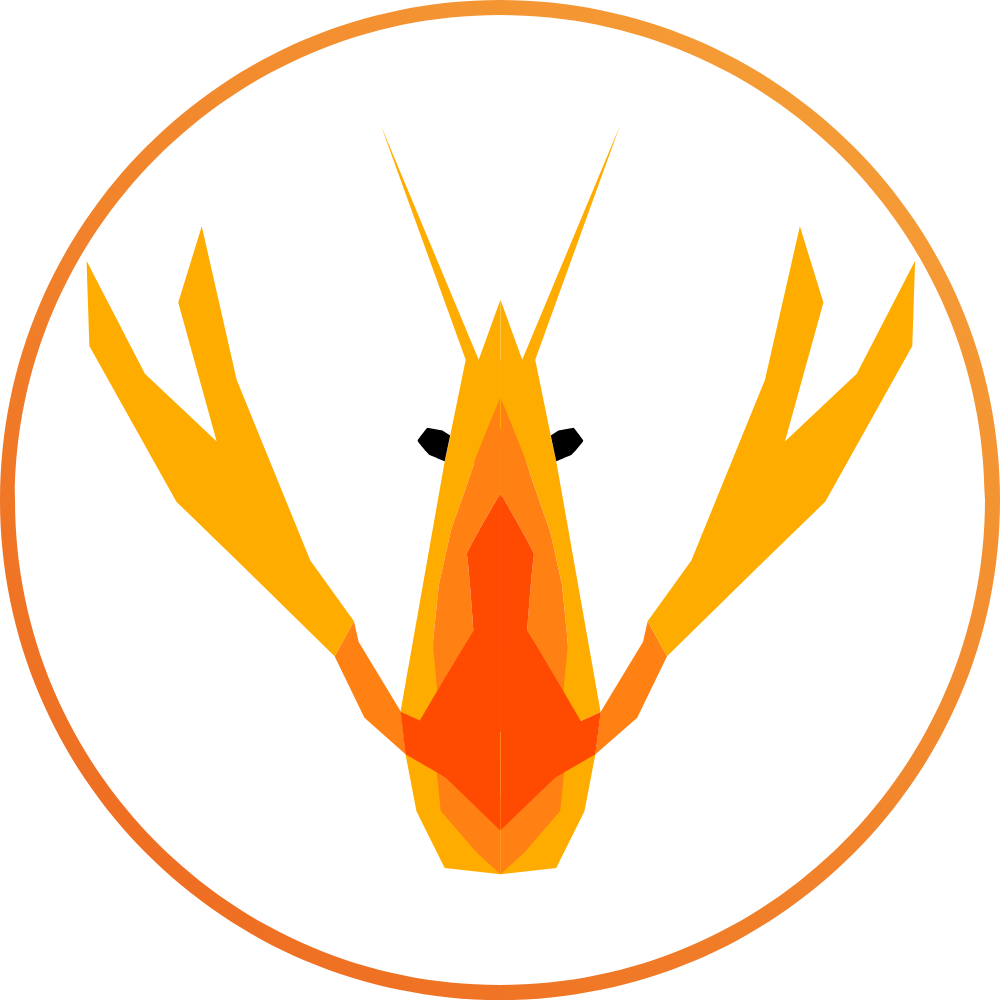I trialed GitHub Copilot and used ChatGPT for a bit, but recently I found myself using them less and less.
I’ve found them valuable when doing something new(at least to me), but for most of my day-to-day it seems to have lost it’s luster.
I was skeptical at first, but after using phind.com it partially changed my opinion on using AI for development assistance.
It massively helps me to filter out information and leads me to the right answer.
Like the other day, I searched on how to write some Latex symbols or how to use Java Stream API, it spit out the result immediately that saved my precious time on searching the Internet.
I don’t use CoPilot though.
I don’t have Copilot and never plan to use it. I tried Tabnine back when it was early and found it broke my flow more than helped. And I don’t have the patience to try either again… I’m too reliant on muscle memory and key bindings to have these tools get in the way.
As for ChatGPT, my company has a decently-restrictive policy. We can and are encouraged to use it, but no IP can be given. So everything is really generic. That said, I find it most useful in two areas. First, getting me unstuck. And what I mean by that is, I basically ask it if it’s possible to solve a problem. If it spits out code, I’ve got a general idea of how to get there. In short, I skip Stackoverflow.
Second, I like it for a second perspective. For example, I recently had a task to remove “duplicate rows” from a database table. We’ve used the same algorithm 2 or 3 times prior. Something wasn’t sitting quite right with a reviewer of the changes I made for this particular need, but even after group discussion, no one could put a finger on it.
So, I asked ChatGPT how to do this same thing and its solution was actually sound. We still kept my solution… and eventually figured out what was wrong, after the migrator didn’t do its job properly. That resulted in a good, solid day of hand-fixing databases… I really should have listened to my gut when ChatGPT gave a totally different, probably more bulletproof answer. It may not always correctly, but that doesn’t mean it’s not necessarily helpful.
I’m a FSE and I use GitHub copilot and Perplexity. I wouldn’t want to code without them anymore.
I want to get things done (especially when I’m at work) and not spent time reading docs or having 20 tabs of stackflow open. I’ve had enough of that lol.
I think everyone here knows copilot but perplexity is a lot smaller and newer. It’s basically like chatgpt but faster and it googles stuff, giving sources for each claim that I can read for myself.
For example, for my latest project I decided to give tailwind a try and instead of having to look through the docs for every little thing I just ask perplexity and it sums it up for me, even giving examples.
And I use copilot a lot for mundane tasks, for example when I write an API that takes an object of type Foo, Copilot auto Fills making variables and checking each for nulls and then I use that API in the frontend copilot already knows what I’m about to do and auto-fills the fetch.
I use https://labs.kagi.com/fastgpt once or twice a week when I need a quick answer about a very obscure subject that is mentioned only once on the internet. It’s free as I’m a Kagi subscriber, and I usually get interesting results. But I don’t copy-paste code, it’s stupid.
They’re very useful for the boilerplate stuff and it’s somewhat rewarding to type out 3-4 letters, hit tab and wind up with half a dozen lines in a bash script or config file.
They tend to get in the way more for complicated tasks, but I have learned to use them as a psychology trick: if I have writer’s block, I just let them pump out something wrong since it’s easier to critique a blob of text than a blank page.
I use ChatGPT (with GPT-4) all the time for coding. I’ve developed a feel for the maximum complexity it can handle and I break down bigger problems into smaller subtasks and ask it to write code for them (usually one function at a time, after a detailed explanation of the context in the beginning). I need to review and test everything it produces thoroughly but it’s worth it. Sometimes it helps me complete tasks that would have otherwise taken a day to complete in 1-2 hours.
I also have Copilot installed but it isn’t as useful as ChatGPT. It’s nice to get a smart completion sometimes. I’m even in the Copilot Chat beta which uses GPT-4 and I find it inferior to ChatGPT with GPT-4.
I never touch GPT-3.5 anymore. It hallucinates too much and the quality of the output is very unpredictable. I guess most people who say AI is useless for coding haven’t tried GPT-4 yet.
Oh, and something else. In my experience, the quality of the output depends a LOT on the prompt. If you give a clear, detailed description of the problem, and try to express your intent instead of the specifics of the implementation, it usually performs very well. I’ve seen some people at work write the worst, sloppiest prompts and then complain how useless ChatGPT was.
I find ChatGPT more accessible and usable than GitHub Copilot. I did initially use Copilot when it was first released, but I found myself being interrupted by the suggestions. There were times when it was useful, but it got in the way more often than not. I’ll concede that Copilot is really good at suggesting dummy data.
With ChatGPT I tend to explore a problem and a solution - it’s more of a purposeful back-and-forth. I will often ask for example code, but even if I use it, it will most often be re-written. The key thing here is that I am stepping out of my editor to interact with ChatGPT, and that works really well for me - I’m in a different thinking state, and I find this a very productive way to work.
ChatGPT 4 Helps me with better code, content ideas and mindstorming.
GitHub Copilot Speed up my writing since it can take context and give suggestions. I also have the Beta version with the chat but it is as good as ChatGPT 3.5 so i don’t use it.
Stable Diffusion I can’t draw so i use a lot of AI images, but mostly for placeholder.
Stable Dreamfusion Tried, did not get good results, don’t have enough vram.
NeRF Tried, haven’t use it more then a few test run, but will use it more in the future for when i make a 3D Game.
I’ve been using ChatGPT4, through the phind.com web site because it allows one to include web links which phind.com pulls information from and then includes within the context info delivered to ChatGPT4. This has proved to be invaluable when trying to figure out new libraries - I just include a link to their documentation and start asking my specific integration/usage questions.
I’ve also been learning how to write my own Stable Diffusion implementation, and Phind.com’s context packing functionality has been extremely helpful explaining and describing how components work, how they integrate, and explaining the aspects of the papers this work is based I am not confident I completely understand. It’s a tireless explainer, which never gets bored and always responds with a chipper attitude.
Oh wow! That is really cool. I used Google Bard for a bit and liked it because it included some web links, but I found the answers not as good as ChatGPT(especially GPT4), this looks like the best of both worlds.








